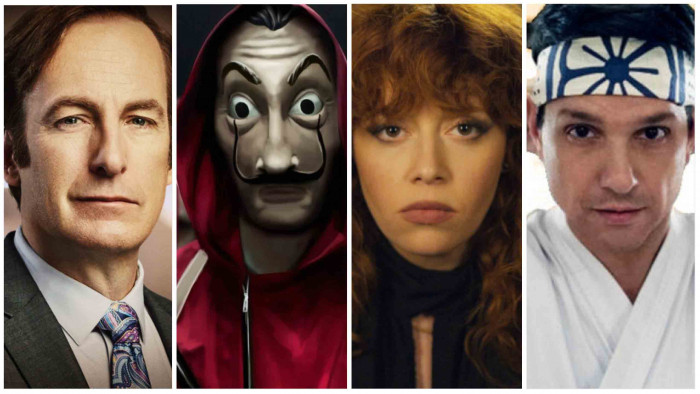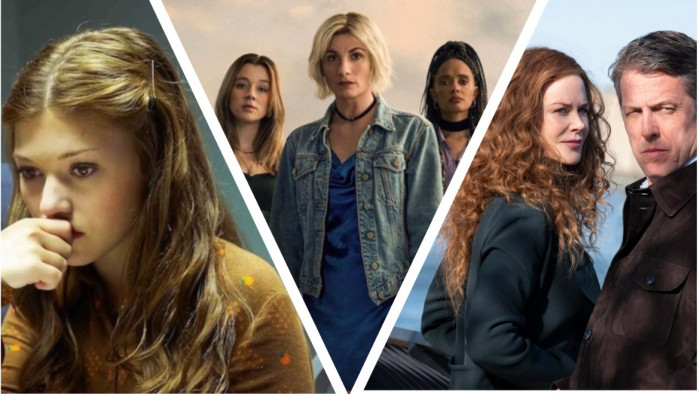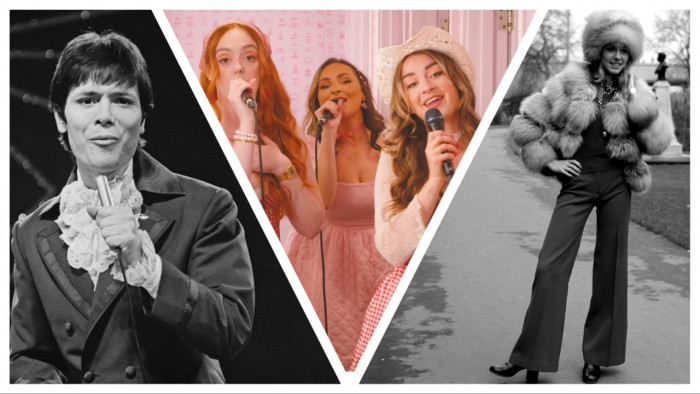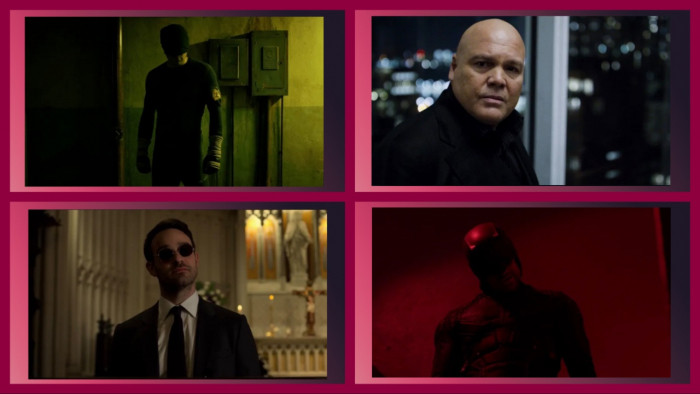We all like to think we’d be a good fathers, but what of the examples that have been set for us on that true giver of life, giver of entertainment – the glowing box in your living room/kitchen/den?
Television’s fatherhood issues are steeped in unbalanced marital attractiveness and borderline sociopathy, but – try as we might – the dads of the small screen leave an indelible mark on our consciousness, and so a dangerous precedent could be set…
We asked Elizabeth O’Shea, parenting expert at Parent 4 Success, to assess the suitability of cartoon comedy’s most beloved dads so that we could finally settle who should and should not be listened to.
Homer Simpson from The Simpsons

Homer is apathetic, lazy, and explosively angry, but he can be a soppy romantic and quite creative in his stupidity. He’s also devoted father, especially to Lisa and Maggie. He does strangle Bart a lot, though.
Elizabeth O’Shea:It’s good that Homer is devoted to his children. However, Homer would benefit from learning some anger management and ‘positive discipline’ techniques and constantly assaulting his son could result in Social Services knocking at his door.
Randy Marsh from South Park

Two-time (two-time) record holder for producing the world's largest piece of human excrement, geologist and father Randy is irrational, belligerent, and negligent when drunk (which is often).
Elizabeth O’Shea:Although young children find it funny when their dads are quirky, as they grow older, it gets embarrassing. Randy should drink responsibly if he’s in charge of his children – he’s not setting a great example.
Jerry Smith from Rick & Morty

Jerry thinks he has his family's best interests at heart but he's actually selfish, insecure, and jealous, prone to tears and is constantly belittled by his wife and his father-in-law in front of his children. Especially at the dinner table (it does seem like he gets an extra amount of abuse there). That said: I guess he did confront that army of Mr. Meeseeks that one time. That was good.
Elizabeth O’Shea:As a father figure, Jerry isn’t respected or valued. His inability to be strong, and the constant criticism he receives makes him appear ineffective and weak in front of his children. That can sometimes lead to a power vacuum, which his wife and father in law seem more than happy to fill, making Jerry a hopeless role model.
Bob Belcher from Bob’s Burgers

Bob just wants to do the right thing by his three very weird, very different children and hopes to provide for them the only ways he knows how: shaky moral platitudes and even shakier pun names for delicious burgers.
Elizabeth O’Shea:As a father, Bob struggles to be in charge at home. His kids seem to rule the roost, and his attempts to be tough often fall on deaf ears. The result is kids who are bringing themselves up, rather than being well-parented; children need to see good morals in action, and want a strong father figure to help them understand the adult world – not platitudes. However, in a society where many kids suffer from low self-esteem, it’s good that Bob’s kids are comfortable with being weird and different.
Sir Nigel Thornberry from The Wild Thornberrys

Adventurer and noted eccentric, Sir Nigel is calm in the face of danger (too calm), unshakably enthusiastic and cheerful, and a constant source of pride for daughter Eliza.
Elizabeth O’Shea:Eliza is lucky to have a dad who is so calm and it will give her a good sense of security and stability as she gets older. Being enthusiastic and cheerful will rub off on Eliza, but, however, she’ll probably be a massive Tory when she grows up.
Peter Griffin from Family Guy

Peter is of low intellect, prone to brash impulsiveness, and is a regular abusive father and husband. He’s also incredibly jealous... and obese... and a sociopath... and a fantasist. And just not very funny anymore.
Elizabeth O’Shea:Peter Griffin needs to go on a parenting course and anger management classes! His children are suffering from domestic abuse, and should not have to live with a dad who cannot meet their needs.
Dr. Robert Bolton from Street Sharks

Besides the fact that he turned his sons into hideous mutant crime fighters, he is a devoted father and scientist who always makes time to hang out.
Elizabeth O’Shea: While it’s good that he hangs out with his children, and is a devoted father, children need time with their dads. However, it is slightly worrying that he turned his sons into half-shark/half-man vigilante-monsters – that doesn’t display a lot of integrity.
Stu Pickles from Rugrats

Purple-haired Stu is a child in an adult’s body who enjoys inventing things, dislikes inventing things that break, and lives to inspire (and be inspired by) his son Tommy.
Elizabeth O’Shea:Some dads can be humorous AND get their kids to do what is needed. Stu’s enthusiasm and relaxed style of parenting is likely to raise happy yet wild kids, but ones who are likely to struggle when they come across strong authority figures.
Hank Hill from King of the Hill

Hank is an emotionally-stunted man with a good, warm heart but his mild xenophobia and dismissal of everything that his son Bobby does as “weird” can be pretty overbearing.
Elizabeth O’Shea:Having a good, warm heart is a great attribute in a dad, although Bobby will be picking up some of Hank’s prejudices. Bobby will grow up with a pretty low self-esteem if he is dismissed as ‘weird’ every time he shows originality. Hank would benefit from planning some quality father/son time.
George Jetson from The Jetsons

George is an all-American everyman and a well-meaning, caring father who lives in the future, but remains often befuddled and stressed out by his work and his family.
Elizabeth O’Shea:George’s efforts to be caring, and trying to do his best, are good in a dad. He would benefit from sitting down with his family and finding some solutions to the things that he finds so stressful, but perhaps time management in the distant future is a little difficult.










